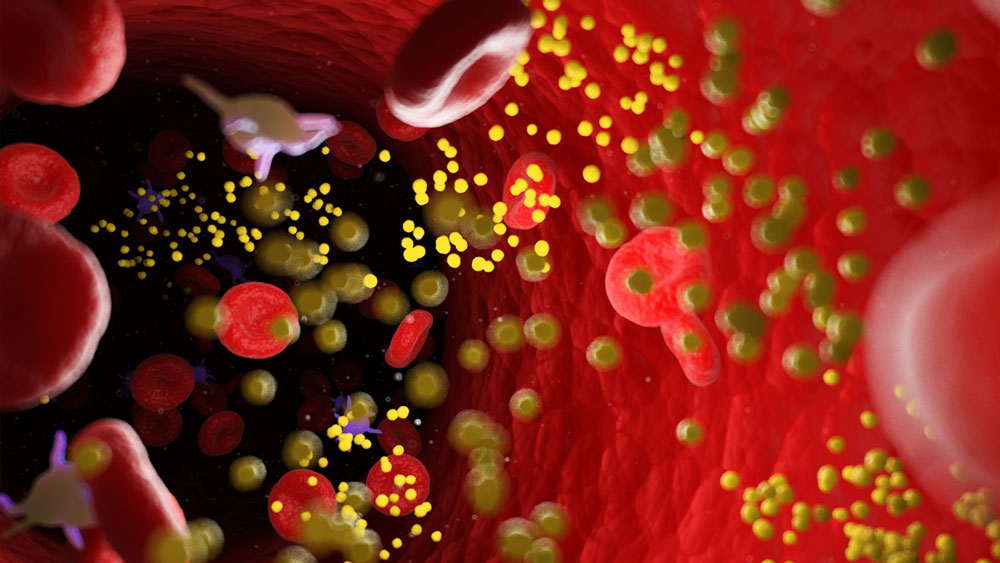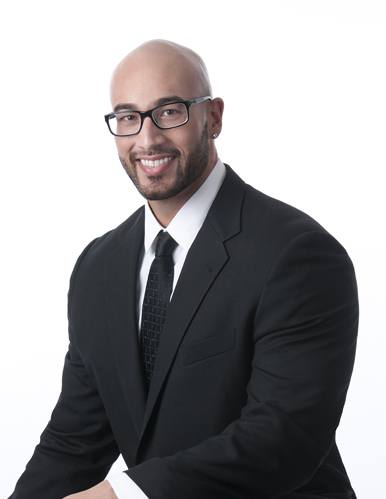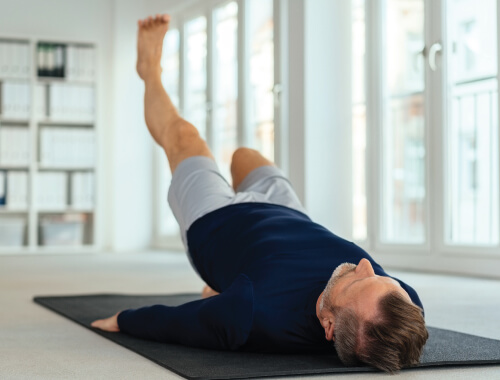
Oftentimes, we hear about the importance of lowering our cholesterol levels, without really understanding what cholesterol even is or how it affects our overall health. Yet, for 95 million adults in the U.S. over the age of 20, high cholesterol is a reality which demands attention – and in some cases, medical intervention.[1]
Left unaddressed, having too much LDL cholesterol could lead to serious issues, including heart attack and stroke. Discover what you need to know about this widespread issue and its potential implications on your health below.
Cholesterol is a waxy lipid generated by the liver. Although it plays a crucial role in the development of cell membranes, hormones, and vitamin D, having too much cholesterol can lead to a number of health issues.
You may have heard that there are two types of cholesterol: the “good” kind and the “bad” kind. LDL, or low-density lipoprotein, is associated with “bad” cholesterol. Because cholesterol can’t dissolve or move through the blood on its own, this protein carries particles of cholesterol through the blood. It can also accumulate within the artery walls, causing them to harden and narrow in a condition known as atherosclerosis.
Having too much LDL cholesterol in your blood increases the risk for heart disease, the number-one cause of death in the U.S.[2] Heart disease is the collective term for a number of conditions that affect the heart, many of which can cause a heart attack or stroke. When cholesterol accumulates on the artery walls, it can lead to what’s known as cholesterol plaque. Over time, this plaque can impede blood flow, preventing the heart or brain from getting the oxygen needed to function. If the blood flow is blocked completely, a stroke or a heart attack can ensue.
Ideally, your LDL cholesterol level should fall below 100. Yet, many individuals fall within the following range:
As with many conditions, the causes of high cholesterol are vast. While some factors are within your control to change, others, such as age and family history, are not. Here’s a closer look at some of the most common causes for high LDL cholesterol.
In addition to these factors, cigarette smoking and certain medications could raise LDL levels.
Fortunately, there are many ways you can take control of your LDL cholesterol. While individuals with especially high levels may be advised to take cholesterol-lowering medication, there are many lifestyle changes you can pursue to lower your cholesterol as well. Outside of medications, here are a few of the most effective ways to lower your LDL cholesterol:
While finding out you have elevated LDL cholesterol can be worrisome, the good news is that there are plenty of ways for you to turn your levels around. From exercising regularly to refining your diet to include heart-healthy eating patterns, the lifestyle habits you use to achieve healthier cholesterol levels will also lead you to greater overall wellness. And, with the help of the Cenegenics team to offer prescriptive guidance based on the results of your extensive health evaluation, you can rest assured you’re making the best choices to optimize your health and enjoy a richer quality of life.
To learn more about both the bad and good types of cholesterol and how they affect your health, read our full-length blog, The Main Causes of High Cholesterol.
Our world-class physicians create a personalized plan to help you feel 10+ years younger. You’ll be more energetic, lose weight, sleep better, have more libido, and think more clearly. Click below to schedule a free consultation with one of our physicians. It’s quick + easy.
Key Resources
This guide was produced with contributions from the following key resources:
The Cenegenics Education and Research Foundation
The Textbook of Age Management Medicine Volume 1: Mastering Healthy Aging Nutrition, Exercise and Hormone Replacement Therapy
The Cenegenics Education and Research Foundation
The Textbook of Age Management Medicine Volume 2: Mastering Healthy Aging Nutrition, Exercise and Hormone Replacement Therapy
Textbook Authors:
Jeffrey Park Leake, M.D., CPT
Dr. Jeffrey Park Leake is a Partner and Director of Education at Cenegenics Elite Health specializing in age management and wellness. Having trained hundreds of physicians worldwide, Dr. Leake is also the Director of Education for the Clinical Strategies for Healthy Aging course at AMM Educational Foundation.
Todd David Greenberg, M.D., CSCS
Dr. Todd Greenberg is a practicing physician with a broad range of expertise, including wellness, exercise, sports injuries, and MRI of sports injuries. He is a Radiology Clinical Associate Professor at the University of Washington.
Additional Resources
4 Dos and Don’ts for Eating Healthy While Traveling
7 Tips To Make Any Meal Healthier
Healthy Snacks to Get You Through the Day
Vitamins That Can Improve Your Health and Help You Lose Weight!
Achieving Healthy Weight Loss: The Problem with Fad Diets
What Are Processed Foods & Why Are They Dangerous?
Benefits of Fish Oil on Mental Health & Overall Wellness
Learn About Vitamin K – Including Beneficial Foods with Vitamin K
References
[1] CDC, “High Cholesterol Facts.” 6 Feb. 2019. Retrieved from URL: https://www.cdc.gov/cholesterol/facts.htm
[2] CDC; see above.
[3] Cleveland Clinic, “Cholesterol Numbers: What Do They Mean.” 26 July 2017. Retrieved from URL: https://my.clevelandclinic.org/health/articles/11920-cholesterol-numbers-what-do-they-mean
[4] American Heart Association, “Control Your Cholesterol.” 30 Apr. 2017. Retrieved from URL: https://www.heart.org/en/health-topics/cholesterol/about-cholesterol
[5] Bhatt, Ami, MD, FACC. “Cholesterol: Understanding HDL vs. LDL.” Harvard Health. 12 Apr. 2018. Retrieved from URL: https://www.health.harvard.edu/blog/understanding-cholesterol-hdl-vs-ldl-2018041213608
[6] Bhatt, Ami; see above.
[7] NIH, “LDL: The ‘Bad’ Cholesterol.” 4 Dec. 2017. Retrieved from URL: https://medlineplus.gov/ldlthebadcholesterol.html
[8] NIH, “DASH Eating Plan.” 25 Apr. 2018. Retrieved from URL: https://medlineplus.gov/dasheatingplan.html
 Contributor: Rudy Inaba Vice President of Health Performance
Contributor: Rudy Inaba Vice President of Health Performance
Rudy Inaba is Cenegenics’ Vice President of Health Performance. He is a recognized fitness and sports nutrition consultant with nearly 15 years of experience in clinical exercise physiology and lifestyle management. After pursuing his Master of Science in Clinical Exercise Physiology at the University of Nevada Las Vegas, Rudy joined Cenegenics where he leads 19 clinical locations nationwide in their advancements in kinesiology, nutritional biochemistry, and their analyses of industry research & market trending.


